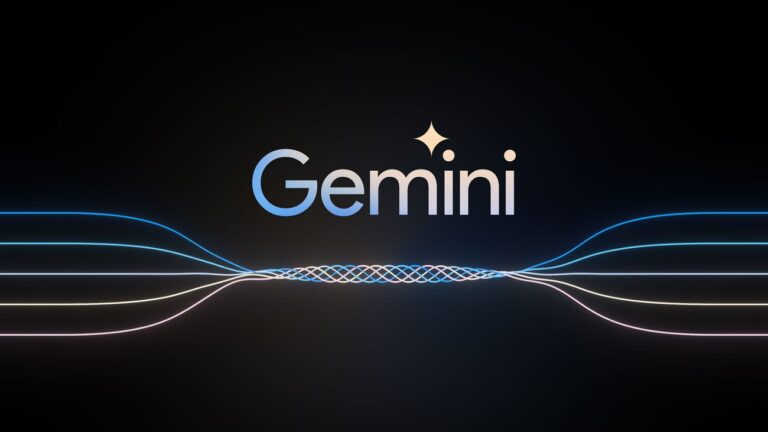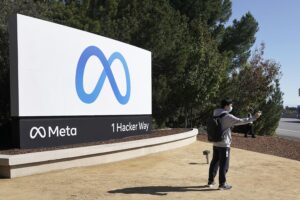Tesla is becoming a standard in charging.
- Tesla is becoming a standard in-vehicle charging but even if it were to take over the entire world for chargers, this would be very unlikely to justify the valuation at which the company still trades.
- Rivian is the latest company to announce a switch to Tesla’s NACS charge point standard following both Ford and GM down this road.
- In my opinion, charging is the biggest weakness in the whole EV proposition and charging vehicles at this early stage of electrification is a minefield.
- For EVs to take over from petrol vehicles, charging needs to be as simple as going to the petrol station, the great beauty of which is that everyone can use the same pump and the software is 100% compatible between every pump and every vehicle.
- EV charging is very far from this ideal with only a limited number of chargers being available which can be hard to find, which are often not working and where software is incompatible.
- The software is a particular problem, and it is in the updates where the real issues lie.
- If the software on an EV has been updated by the manufacturer, then the charger will need to know about the update )and vice versa) and be expecting it when the vehicle plugs in.
- Often this is not the case, and it can cause real problems, particularly for fast charging.
- This is why a standard as ubiquitous and universal as gasoline is needed for EVs, but the current situation is very far from that.
- Everyone creates their own software and then updates it but there is no standard or protocol for ensuring interoperability with charging stations.
- This is why Tesla is becoming a standard as its fully integrated approach means that its chargers are far more reliable than anyone else’s and the software always works with its vehicles.
- This is also why Mercedes-Benz has decided to build its own charging network in Europe because the experience with 3rd parties is so far below where it should be.
- Furthermore, everyone who adopts Tesla’s standard will have visibility in terms of what software is required at any one point in time and can update their vehicles accordingly.
- Hence, I can see a side business for Tesla which is either the licensing of its standard or the deployment of national charging networks that everyone can use.
- This is a classic result coming from the failure of an industry to create a viable open standard and is just like how Apple has become a standard in the smartphone world despite refusing open its systems up to anyone.
- Consequently, I expect that the Tesla standard is going to quickly spread across the USA and unless there is real action on the part of the EV industry, it could spread much further.
- The one exception of course is China where the government is determined that it will not become dependent on foreign technology after its experience in semiconductors.
- Hence in China, I suspect that there will be a Chinese standard for Chinese vehicles that only works in China.
- Outside of China, it is a straight race but with Chinese EVs making headway in terms of market share, it is possible that they may be able to create a viable alternative (and hopefully interoperable standard) for charging.
- Until this issue is solved, I think that EVs are going to have difficulty in making real headway in the replacement of petrol vehicles which will be further exacerbated by the cost of an EV remaining substantially greater than its petrol equivalent.
- However, I remain optimistic about the outlook for EVs in the long term as they should represent a far better proposition for the consumer, but the immediate term continues to look difficult.
- I continue to think that the valuation of Tesla’s shares remain far outside the boundaries of rationality and would not invest in the company under any circumstances.
- Instead, I continue to think that the best way to play the green transition remains through nuclear power which is already showing signs of life and in the uranium production industry specifically where I have a significant position.









